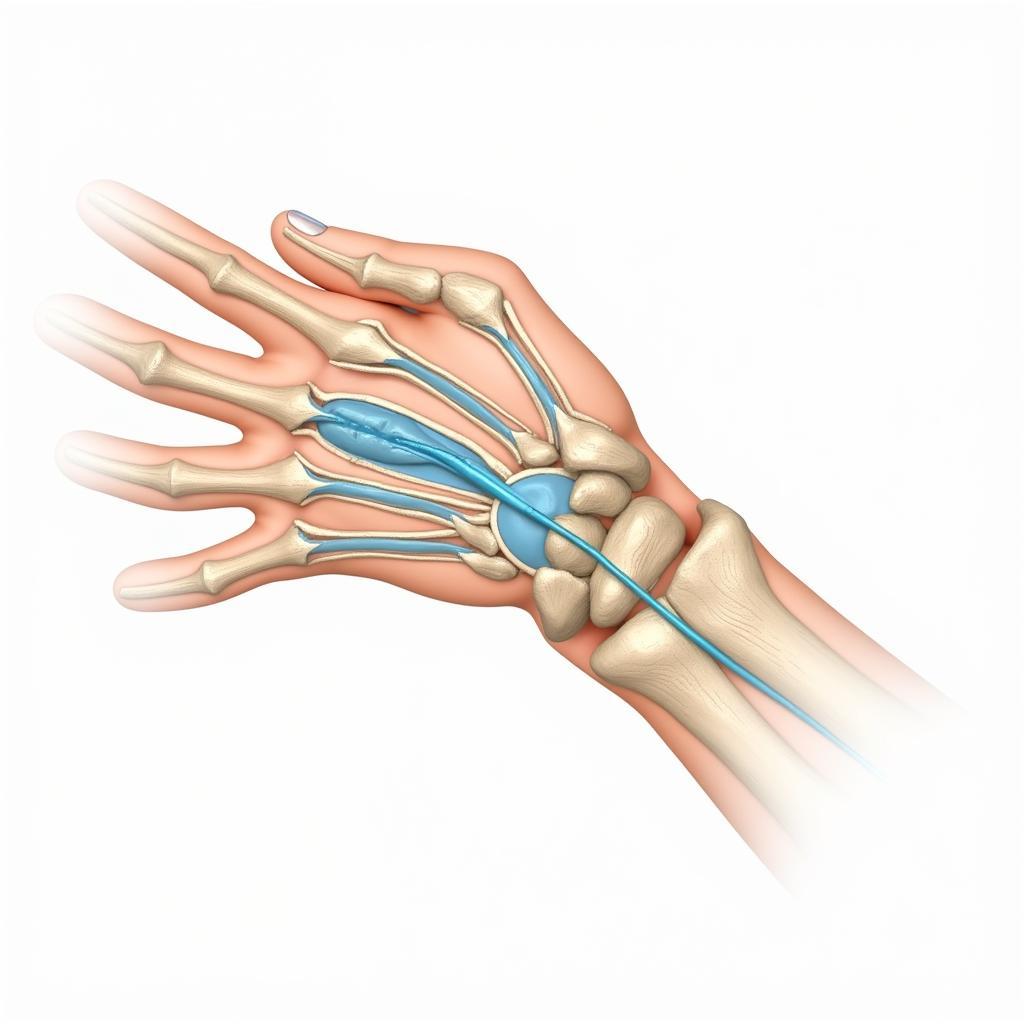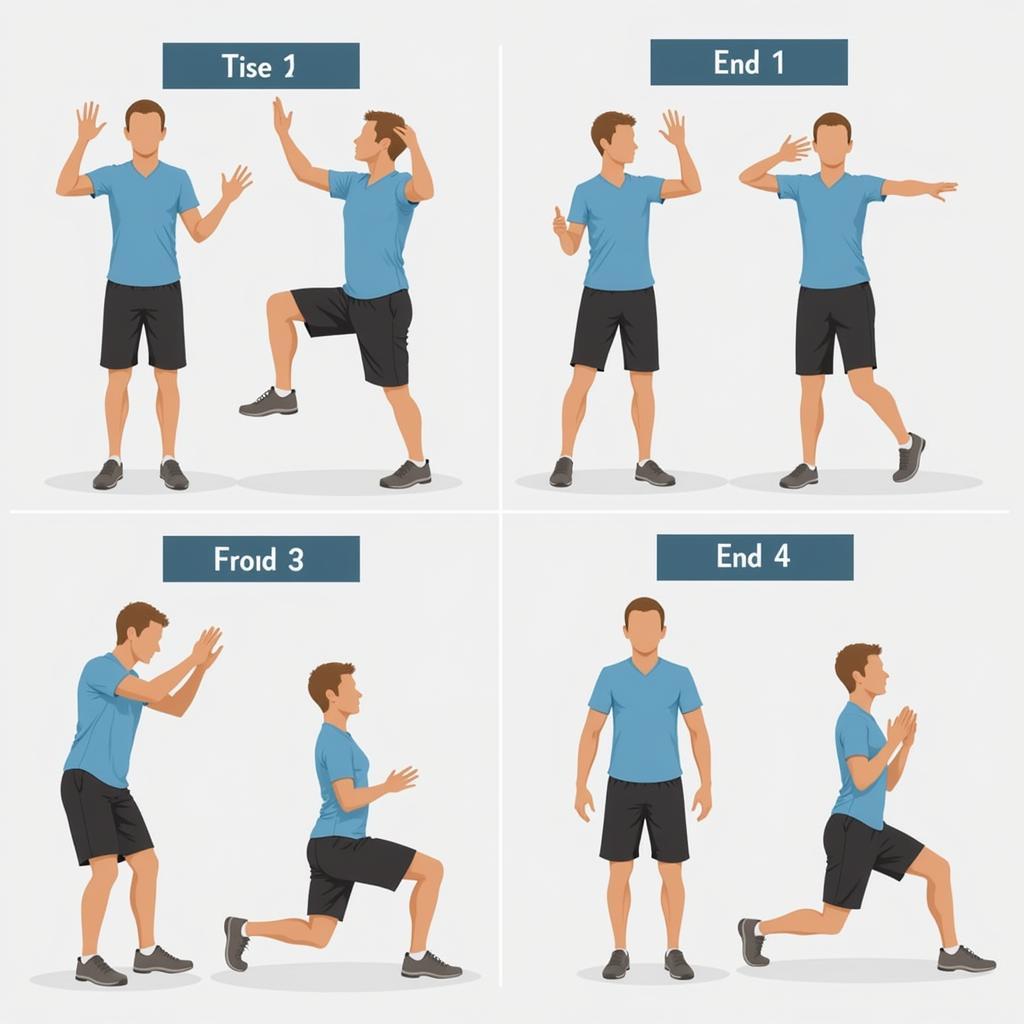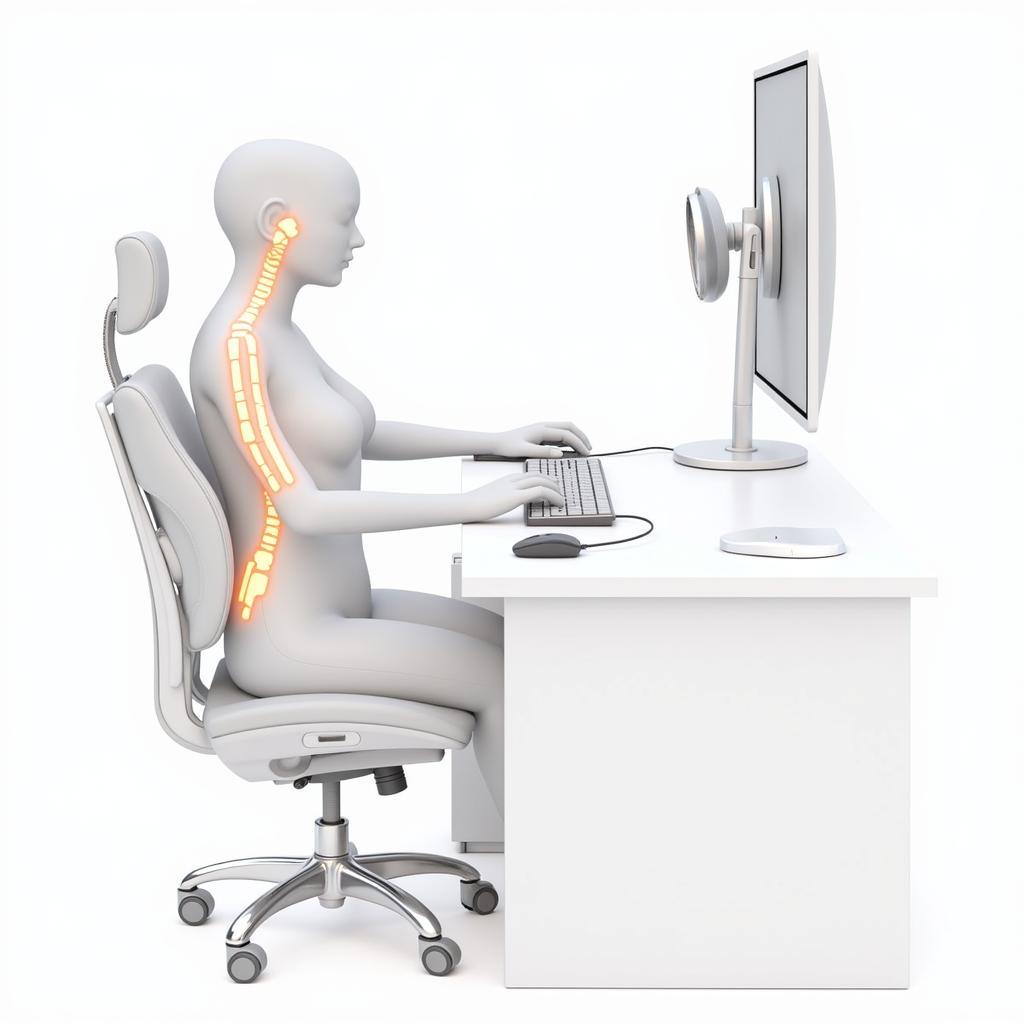Carpal tunnel syndrome (CTS) can be a real pain, literally. This condition, characterized by tingling, numbness, and pain in the hand and wrist, can significantly impact your daily life. But before you rush to the doctor, there are a number of carpal tunnel syndrome self-care strategies you can implement at home to alleviate symptoms and potentially prevent further progression. Understanding these strategies empowers you to take control of your discomfort and improve your overall hand health.
Understanding Carpal Tunnel Syndrome and the Importance of Self-Care
CTS arises from pressure on the median nerve, which runs through the carpal tunnel in your wrist. This tunnel, a narrow passageway surrounded by bones and ligaments, houses tendons and the median nerve, which controls sensation and movement in your thumb, index, middle, and ring fingers. When the tendons become inflamed or swollen, they can compress the median nerve, leading to the characteristic symptoms of CTS.
Self-care is often the first line of defense against carpal tunnel syndrome. By incorporating simple lifestyle changes and targeted exercises, you can often manage mild to moderate symptoms and improve your quality of life. Early intervention through self-care can also help prevent the condition from worsening and potentially delay or eliminate the need for more invasive treatments.
 Carpal Tunnel Anatomy Diagram
Carpal Tunnel Anatomy Diagram
Effective Carpal Tunnel Syndrome Self-Care Strategies
Several self-care strategies can effectively manage carpal tunnel syndrome. These include:
- Wrist Splints: Wearing a wrist splint, especially at night, keeps your wrist in a neutral position, reducing pressure on the median nerve. This can alleviate nighttime tingling and numbness, allowing for more restful sleep.
- Rest and Activity Modification: Avoid repetitive hand movements that exacerbate your symptoms. Take frequent breaks during activities that involve prolonged wrist flexion or extension. Modifying your work setup and using ergonomic tools can also significantly help.
- Stretching and Exercises: Gentle stretching and strengthening exercises can help improve wrist flexibility, reduce tendon swelling, and alleviate nerve compression. Consult a physical therapist or occupational therapist for personalized exercises tailored to your specific needs.
- Over-the-Counter Pain Relievers: Nonsteroidal anti-inflammatory drugs (NSAIDs) like ibuprofen or naproxen can help reduce pain and inflammation. However, they should be used judiciously and not as a long-term solution.
- Hot and Cold Therapy: Applying warm compresses can help relax muscles and improve blood flow, while cold compresses can reduce inflammation and numb pain. Experiment with both to see which provides better relief.
 Effective Wrist Exercises for Carpal Tunnel Relief
Effective Wrist Exercises for Carpal Tunnel Relief
When to Seek Professional Help
While self-care is often effective for managing early-stage CTS, it’s important to know when to consult a doctor. If your symptoms persist despite self-care, worsen, or interfere with your daily activities, seeking professional medical advice is crucial. A doctor can diagnose the severity of your CTS and recommend appropriate treatment options, which may include medication, physical therapy, or in some cases, surgery.
Preventing Carpal Tunnel Syndrome
Taking proactive steps to prevent carpal tunnel syndrome is crucial, particularly if your work or hobbies involve repetitive hand movements. Maintaining proper posture, using ergonomic tools, taking frequent breaks, and incorporating regular hand exercises can significantly reduce your risk of developing CTS.
 Ergonomic Workstation Setup for Carpal Tunnel Prevention
Ergonomic Workstation Setup for Carpal Tunnel Prevention
Conclusion
Carpal tunnel syndrome self-care can be highly effective in managing symptoms and improving your quality of life. By implementing the strategies discussed above, you can take control of your hand health and potentially avoid more invasive treatments. Remember, early intervention is key. If self-care measures don’t provide adequate relief, consult a doctor for proper diagnosis and treatment.
FAQs
- What are the early signs of carpal tunnel syndrome?
- How long does it take for carpal tunnel to heal with self-care?
- Can carpal tunnel syndrome be cured completely?
- What is the best sleeping position for carpal tunnel?
- Are there any specific foods to avoid with carpal tunnel?
- What kind of doctor should I see for carpal tunnel syndrome?
- Can carpal tunnel syndrome affect both hands?
When you need assistance, please contact us via WhatsApp: +1(641)206-8880, Email: [email protected] Or visit us at: 276 Reock St, City of Orange, NJ 07050, United States. We have a 24/7 customer support team.


